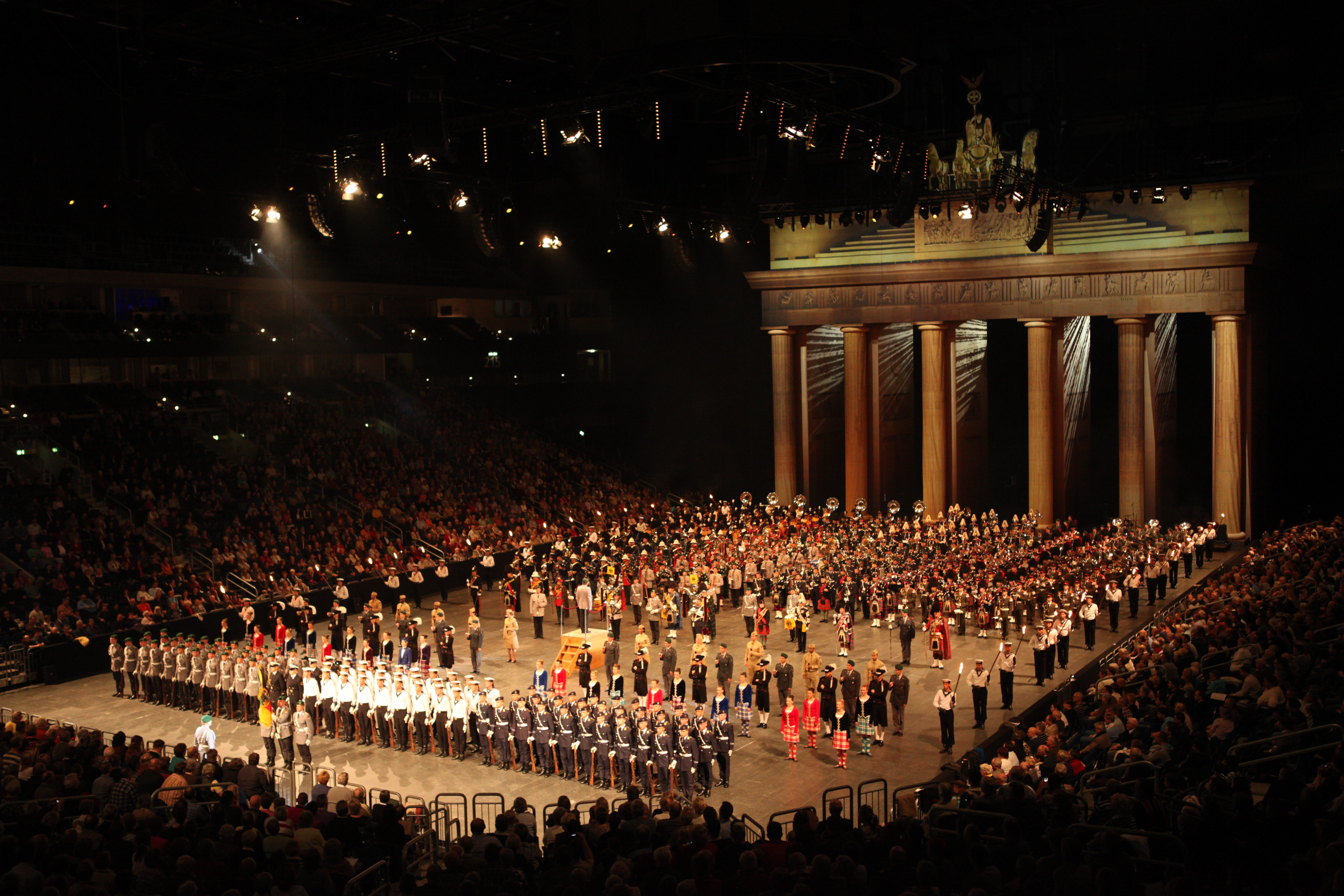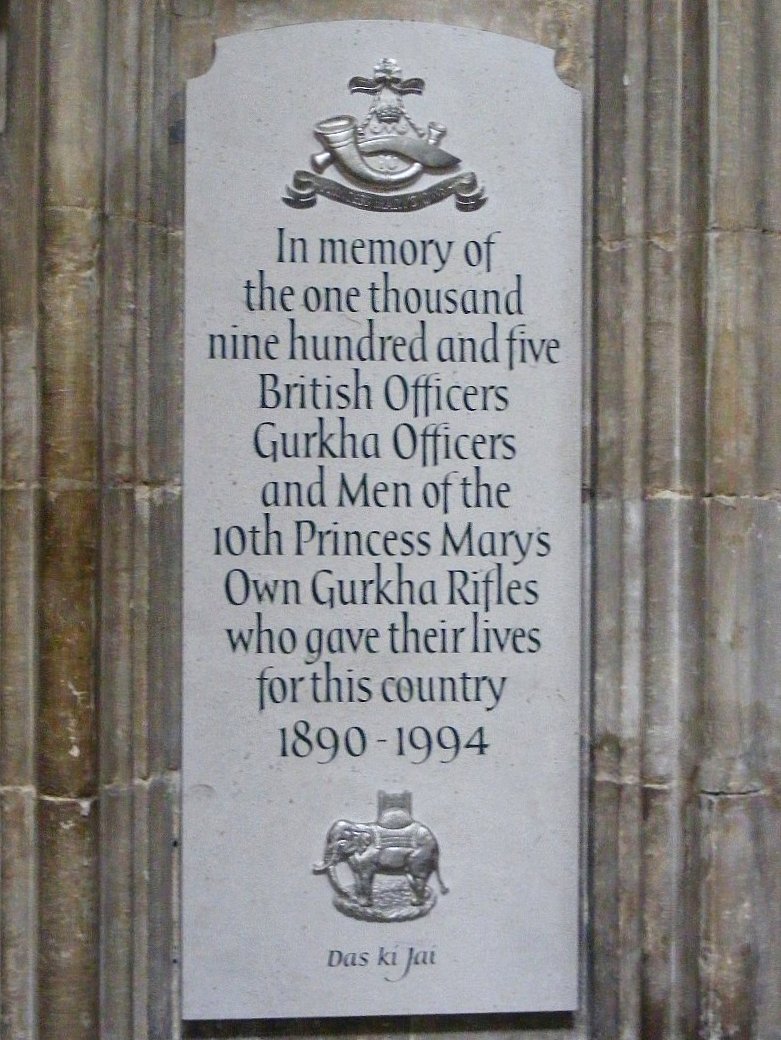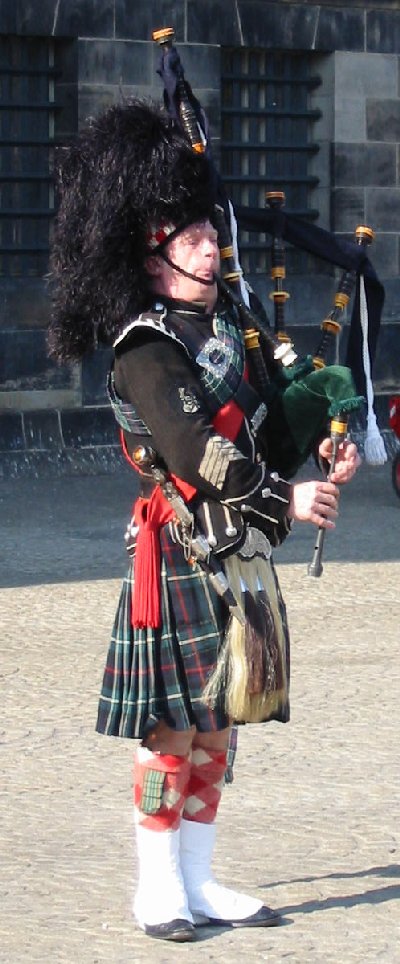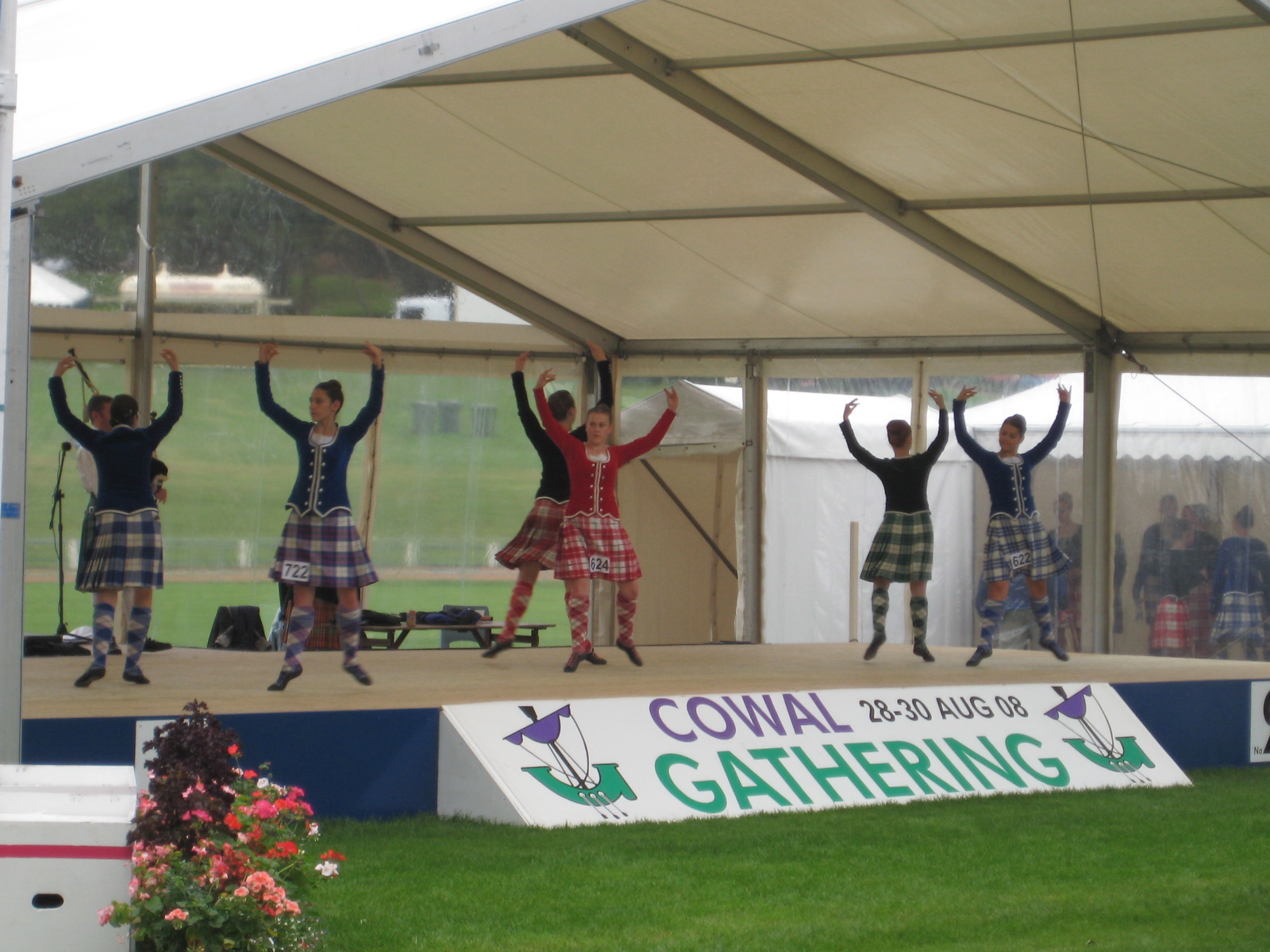|
My Home (traditional Pipe Tune)
"My Home" is a traditional Scottish or Northumbrian pipe tune. It is used by military bands as a march past, but a slow march contrasting with quick march pasts such as " Highland Laddie".Diana M. Henderson The Scottish Regiments - 1996 p 69 "Quick marches Highland Laddie All the Blue Bonnets are over the Border. March past in slow time: My Home, Company March, A Company, The Mucking of Geordie's Byre, B Company, The Bugle Horn, C Company McDonald's Awa' to the Wars" Recordings * 1956 Jack Armstrong on ''Northumbrian Pipe Music'' * 1964 The Gordon Highlanders Military Band and Pipe and Drum Corps * 1969 The Pipes And Drums Of The Tenth Princess Mary's Own Gurkha Rifles References {{reflist Compositions for bagpipe Scottish songs British military marches Scottish Highland dance Scots Guards ... [...More Info...] [...Related Items...] OR: [Wikipedia] [Google] [Baidu] |
Northumbria
la, Regnum Northanhymbrorum , conventional_long_name = Kingdom of Northumbria , common_name = Northumbria , status = State , status_text = Unified Anglian kingdom (before 876)North: Anglian kingdom (after 876)South: Danish kingdom (876–914)South: Norwegian kingdom (after 914) , life_span = 654–954 , flag_type = Oswald's Stripes, the provincial flag of Northumbria and red was previously purple , image_coat = , image_map = Map_of_the_Kingdom_of_Northumbria_around_700_AD.svg , image_map_size = 250 , image_map_caption = Northumbria around 700 AD , image_map2 = , image_map2_size = , image_map2_caption = , government_type = Monarchy , year_start = 653 , year_end = 954 , event_end = South is annexed by Kingdom of England , event1 = South is annexed by the Danelaw , date_eve ... [...More Info...] [...Related Items...] OR: [Wikipedia] [Google] [Baidu] |
Military Band
A military band is a group of personnel that performs musical duties for military functions, usually for the armed forces. A typical military band consists mostly of wind and percussion instruments. The conductor of a band commonly bears the title of Bandmaster or Director of Music. Ottoman military bands are thought to be the oldest variety of military marching bands in the world, dating from the 13th century. The military band is capable of playing ceremonial and marching music, including the national anthems and patriotic songs of not only their own nation but others as well, both while stationary and as a marching band. Military bands also play a part in military funeral ceremonies. There are two types of historical traditions in military bands. The first is military field music. This type of music includes bugles (or other natural instruments such as natural trumpets or natural horns), bagpipes, or fifes and almost always drums. This type of music was used to ... [...More Info...] [...Related Items...] OR: [Wikipedia] [Google] [Baidu] |
March Past
A parade is a procession of people, usually organized along a street, often in costume, and often accompanied by marching bands, floats, or sometimes large balloons. Parades are held for a wide range of reasons, but are usually celebrations of some kind. In British English, the term "parade" is usually reserved for either military parades or other occasions where participants march in formation; for celebratory occasions, the word procession is more usual. The term "parade" may also be used for multiple different subjects; for example, in the Canadian Armed Forces, "parade" is used both to describe the procession and in other informal connotations. Protest demonstrations can also take the form of a parade, but such cases are usually referred to as a march instead. Parade float The parade float got its name because the first floats were decorated barges that were towed along the canals with ropes held by parade marchers on the shore. Floats were occasionally propelled from wi ... [...More Info...] [...Related Items...] OR: [Wikipedia] [Google] [Baidu] |
Highland Laddie
"Highland Laddie", also known as "Hielan' Laddie", is the name of a Scottish popular folk tune "If Thou'lt Play Me Fair Play", but as with many old melodies various sets of words can be sung to it, of which Robert Burns's poem "Highland Laddie" is probably the best known. "If Thou'lt Play Me Fair Play" has been reworked several times since Burns set down his words, Donkey Riding being one variant. Highland Regiments raised in the 18th and early 19th centuries employed many unique symbols to differentiate themselves from other regiments and enlisted distinctive music to announce their arrival, but as a result of the Cardwell Reforms of 1881, all British Army Highland Regiments were required to use "Highland Laddie" as their regimental march. Over time, many of these regiments had managed to return to their pre-Cardwell marches when, in March 2006, the establishment of the Royal Regiment of Scotland saw the disappearance of all Scotland's historic infantry regiments and their dist ... [...More Info...] [...Related Items...] OR: [Wikipedia] [Google] [Baidu] |
Jack Armstrong (piper)
Jack Armstrong (May 16, 1904 – September 6, 1978) was a performer on the Northumbrian smallpipes. Born in Wideopen, North Tyneside, five miles north of Newcastle upon Tyne, in 1904. He and his father, both coal miners, worked at Dinnington colliery, but Jack managed to get a job as a chauffeur shortly after World War I. In 1926 Jack married, and he was living at Skipton in North Yorkshire when he taught himself to play the pipes. His style, influenced by his father's playing, was steady and controlled; he favoured slow airs, which he played on a set of pipes with a rich, resonant tone. This style was in strong contrast to the faster, more virtuosic playing of Tom Clough and his followers, exemplified by Jack's friend and contemporary, Billy Pigg. His repertoire consisted largely of simple dance tunes and slow airs, from Northumberland and elsewhere, the latter often being given local titles. He also composed some tunes in traditional style, some of which are still played. In an ... [...More Info...] [...Related Items...] OR: [Wikipedia] [Google] [Baidu] |
Gordon Highlanders
Gordon may refer to: People * Gordon (given name), a masculine given name, including list of persons and fictional characters * Gordon (surname), the surname * Gordon (slave), escaped to a Union Army camp during the U.S. Civil War * Clan Gordon, aka the House of Gordon, a Scottish clan Education * Gordon State College, a public college in Barnesville, Georgia * Gordon College (Massachusetts), a Christian college in Wenham, Massachusetts * Gordon College (Pakistan), a Christian college in Rawalpindi, Pakistan * Gordon College (Philippines), a public university in Subic, Zambales * Gordon College of Education, a public college in Haifa, Israel Places Australia * Gordon, Australian Capital Territory * Gordon, New South Wales * Gordon, South Australia * Gordon, Victoria * Gordon River, Tasmania * Gordon River (Western Australia) Canada * Gordon Parish, New Brunswick * Gordon/Barrie Island, municipality in Ontario *Gordon River (Chochocouane River), a river in Quebec Sco ... [...More Info...] [...Related Items...] OR: [Wikipedia] [Google] [Baidu] |
10th Princess Mary's Own Gurkha Rifles
The 10th Princess Mary's Own Gurkha Rifles, (abbreviated to 10 GR), was originally a rifle regiment of the British Indian Army. The regiment was formed in 1890, taking its lineage from a police unit and over the course of its existence it had a number of changes in designation and composition. It took part in a number of campaigns on the Indian frontiers during the 19th and early 20th centuries, before fighting in the First World War, the Third Anglo-Afghan War and the Second World War. Following India's independence in 1947, the regiment was one of four Gurkha regiments to be transferred to the British Army. In the 1960s it was active in the Malayan Emergency and Indonesian Confrontation. It was amalgamated with the other three British Gurkha regiments to form the Royal Gurkha Rifles in 1994. History Early history At the end of the Third Burmese War in 1887, it was decided to withdraw the regular army battalions and replace them with a freshly recruited military police forc ... [...More Info...] [...Related Items...] OR: [Wikipedia] [Google] [Baidu] |
Compositions For Bagpipe
Composition or Compositions may refer to: Arts and literature *Composition (dance), practice and teaching of choreography * Composition (language), in literature and rhetoric, producing a work in spoken tradition and written discourse, to include visuals and digital space * Composition (music), an original piece of music and its creation *Composition (visual arts), the plan, placement or arrangement of the elements of art in a work * ''Composition'' (Peeters), a 1921 painting by Jozef Peeters *Composition studies, the professional field of writing instruction * ''Compositions'' (album), an album by Anita Baker *Digital compositing, the practice of digitally piecing together a video Computer science *Function composition (computer science), an act or mechanism to combine simple functions to build more complicated ones * Object composition, combining simpler data types into more complex data types, or function calls into calling functions History * Composition of 1867, Austro-Hungar ... [...More Info...] [...Related Items...] OR: [Wikipedia] [Google] [Baidu] |
Scottish Songs
Scotland is internationally known for its traditional music, which remained vibrant throughout the 20th century and into the 21st, when many traditional forms worldwide lost popularity to pop music. In spite of emigration and a well-developed connection to music imported from the rest of Europe and the United States, the music of Scotland has kept many of its traditional aspects; indeed, it has itself influenced many forms of music. Many outsiders associate Scottish folk music almost entirely with the Great Highland Bagpipe, which has long played an important part in Scottish music. Although this particular form of bagpipe developed exclusively in Scotland, it is not the only Scottish bagpipe. The earliest mention of bagpipes in Scotland dates to the 15th century although they are believed to have been introduced to Britain by the Roman armies. The ''pìob mhór'', or Great Highland Bagpipe, was originally associated with both hereditary piping families and professional pipers t ... [...More Info...] [...Related Items...] OR: [Wikipedia] [Google] [Baidu] |
British Military Marches
British may refer to: Peoples, culture, and language * British people, nationals or natives of the United Kingdom, British Overseas Territories, and Crown Dependencies. ** Britishness, the British identity and common culture * British English, the English language as spoken and written in the United Kingdom or, more broadly, throughout the British Isles * Celtic Britons, an ancient ethno-linguistic group * Brittonic languages, a branch of the Insular Celtic language family (formerly called British) ** Common Brittonic, an ancient language Other uses *''Brit(ish)'', a 2018 memoir by Afua Hirsch *People or things associated with: ** Great Britain, an island ** United Kingdom, a sovereign state ** Kingdom of Great Britain (1707–1800) ** United Kingdom of Great Britain and Ireland (1801–1922) See also * Terminology of the British Isles * Alternative names for the British * English (other) * Britannic (other) * British Isles * Brit (other) * Bri ... [...More Info...] [...Related Items...] OR: [Wikipedia] [Google] [Baidu] |
Scottish Highland Dance
Highland dance or Highland dancing ( gd, dannsa Gàidhealach) is a style of competitive dancing developed in the Scottish Highlands in the 19th and 20th centuries, in the context of competitions at public events such as the Highland games. It was created from the Gaelic folk dance repertoire, but formalised with the conventions of ballet,Newton, Michael. ''A Handbook of the Scottish Gaelic World''. Four Courts Press, 2000. p.282 and has been subject to influences from outside the Highlands. Highland dancing is often performed with the accompaniment of Highland bagpipe music, and dancers wear specialised shoes called ghillies. It is now seen at nearly every modern-day Highland games event. Highland dance should not be confused with Scottish country dance, cèilidh dancing, or clog dancing, although they too may be performed at Highland games and like competitions. Basic description of Highland dancing Highland dancing is a competitive and technical dance form requiring t ... [...More Info...] [...Related Items...] OR: [Wikipedia] [Google] [Baidu] |




